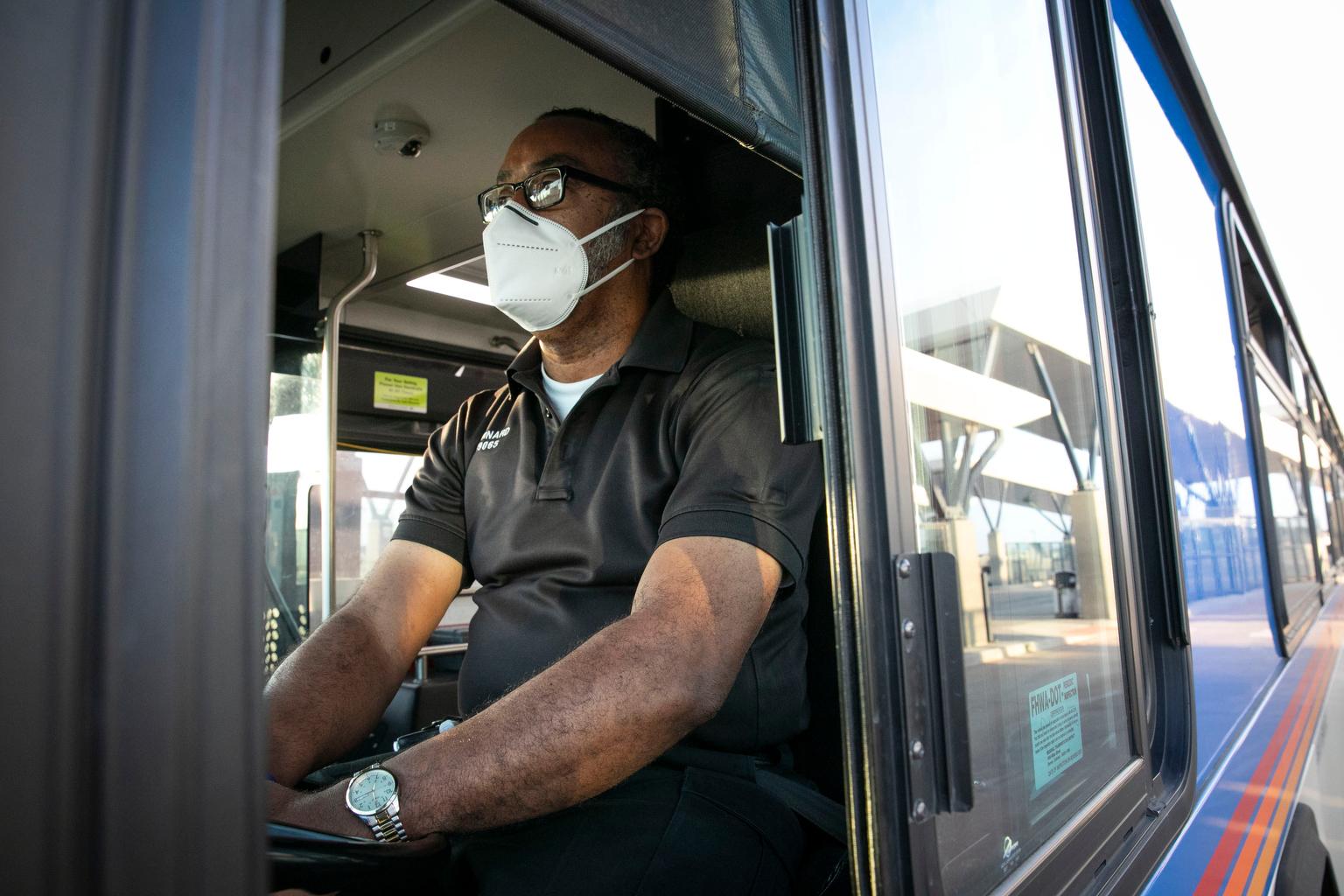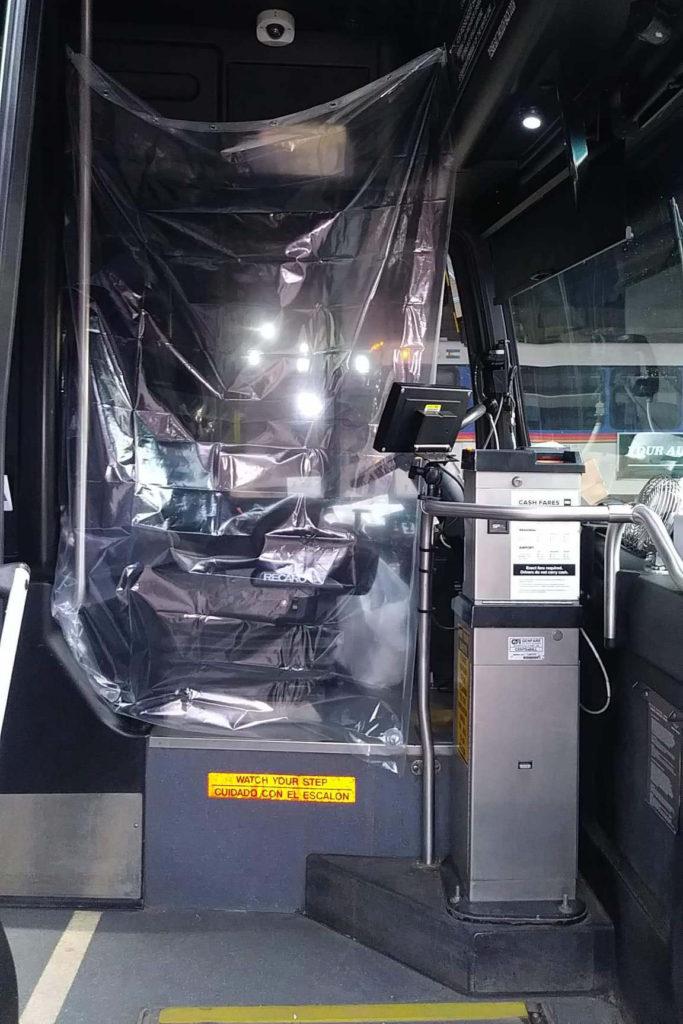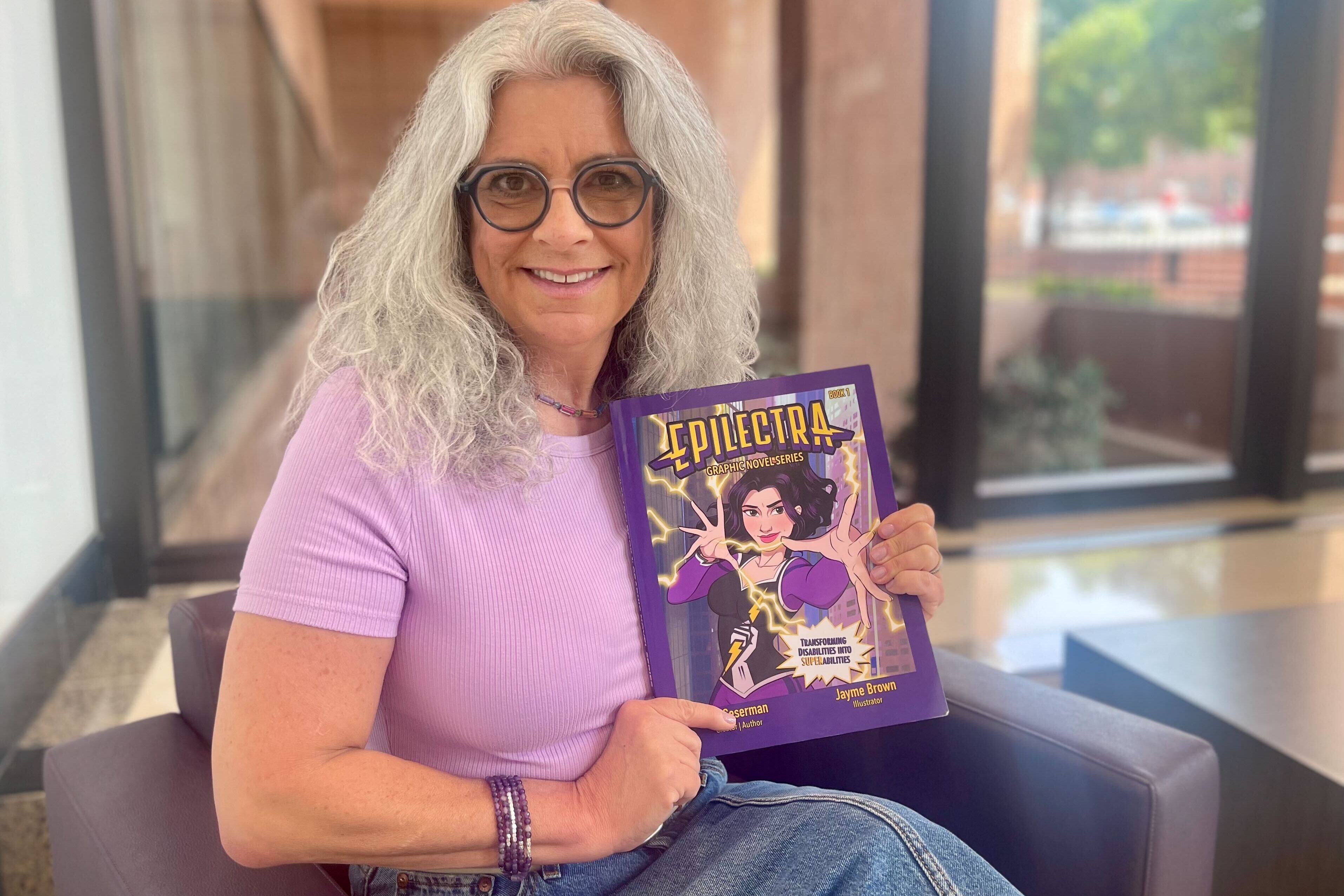
Chris Moralez has been driving a bus for the Regional Transportation District for 16 years.
Lately, his job is different.
“In 16 years of driving, I've never had a more stressful 30 days of driving that I've had in the last month,” Moralez said.
He’s worried about keeping himself and his passengers safe from contracting the new coronavirus. Moralez says he’s getting limited direction from his employer, RTD.

“We're really kind of being pulled in every direction,” Moralez said.
He’s also stressed because more than 40 transit workers across the country have died from COVID-19.
RTD’s ridership is down 70 percent since early March due to the shuttering of non-essential businesses and a state stay-at-home order. For people that still take the bus, RTD has already instituted rear-door boarding and eliminated fares in order to keep drivers and passengers as far apart as possible.
Last Friday, they released new guidelines on maintaining social distance on public transit. Buses are now capped at 15 passengers, 20 passengers for larger buses and 30 passengers for train cars.
But many operators say even with reduced ridership, that’s still too many people, especially with the area right behind the driver roped off.
“If you stepped onto an RTD bus today, [especially on busier routes] you would not experience social distancing,” said operator Angela Macias Williams, who has been with RTD for 26 years. “There’s just no way.”
Operators have been instructed to not pick up passengers once their busses reach capacity, and to call dispatch to let them know.
But that can put drivers in a tough spot, operator Tanya Alvarez said.
“I personally have not had any problems,” Alvarez said. “But I do hear that other drivers have had problems. People being angry, drivers being spat on.”
RTD spokesperson Pauletta Tonilas says she understands the challenges the pandemic has brought to the transit system and to operators. Tonilas said passengers need to take responsibility, too.
“Part of this also is the public needing to use common sense and good judgment,” Tonilas said. “If you see a vehicle where it looks like there's more than 15 passengers … [do] not get on that particular vehicle and wait for the next one.”
Operators are also concerned about a lack of personal protective equipment.
Moralez says he gets one set of gloves per workday.
"But the problem is ... I'm on a bus for eight hours,” he said.
RTD board member Shontel Lewis says that’s not acceptable.
“It's not enough to be working on [securing PPE],” she said. “The folks in RTD, the contractors who work for RTD, all need the proper PPE to be able to do the essential functions that RTD is requiring him to do during this pandemic.”
Tonilas says when it comes to PPE, they’re doing the best they can. RTD is expected to get a shipment of 25,000 KN-95 masks on April 20.
Beyond having to monitor social distancing and having limited access to PPE, operators are looking ahead to next Sunday, April 19 when RTD will limit its services to weekend routes.
That move worries Moralez.
“I mean, if you reduce the amount of buses, you're going to have more people riding a bus,” Moralez said.
RTD says it will use drivers without a regular route as backups for more popular routes.
“This [move] is to accommodate the dramatic change in our ridership, but also so that we can operate as efficient service as possible,” Tonilas said.
Lewis says at its core, this is about taking care of the most vulnerable people in our society — drivers and passengers alike.
Lewis says in a time where they can easily be forgotten about, she’s pushing to make sure that doesn’t happen, and they’re taken care of.









